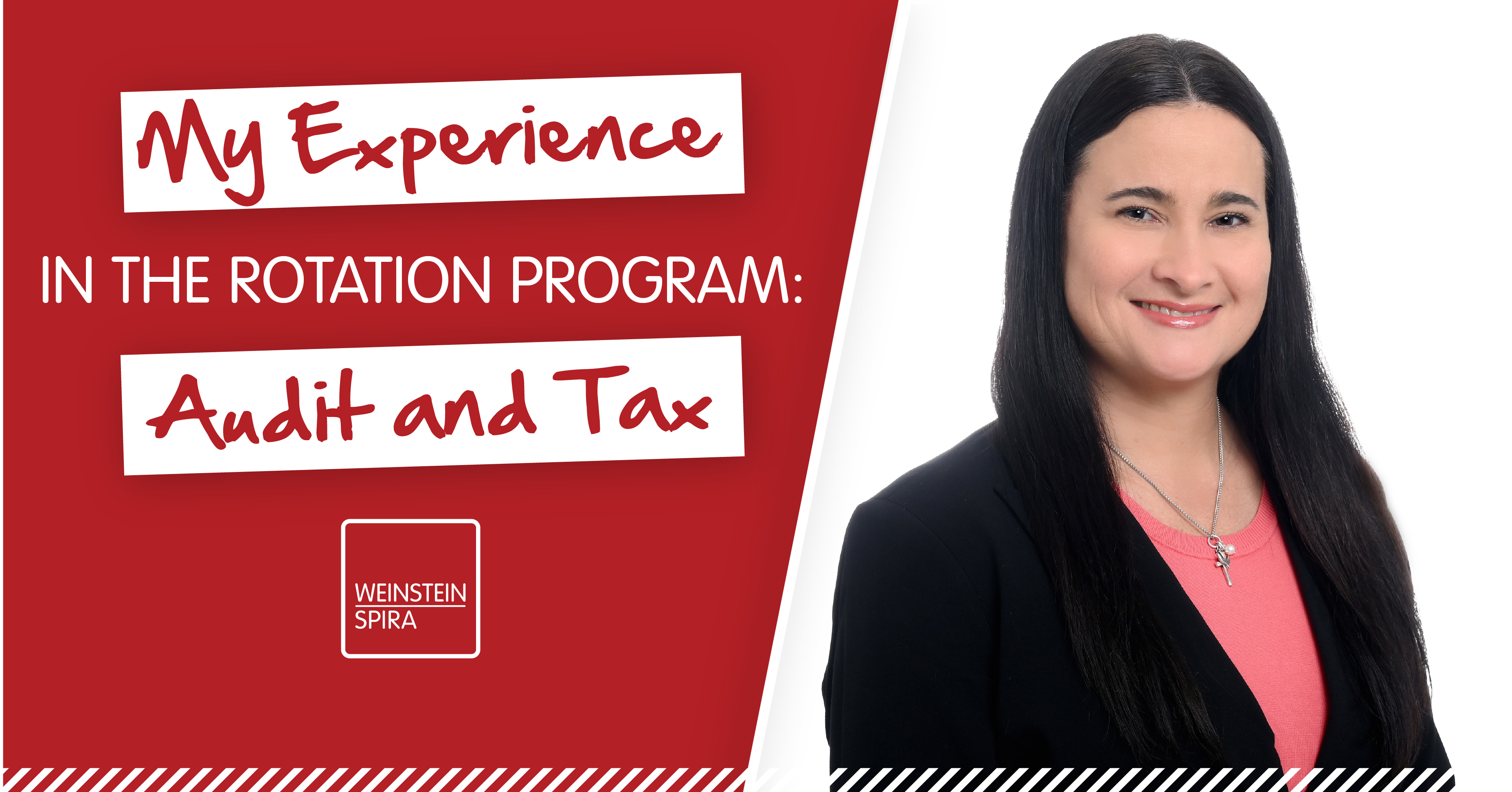In December 2017, the Tax Cuts and Jobs Act (TCJA) was passed by Congress and signed by former President Donald Trump. This legislation reduced personal, corporate and estate taxes. Although many corporate tax changes were made permanent, most individual changes will expire after 2025, if congress does not take action. The future is uncertain but, knowing what is currently set to happen can help you to make important tax planning decisions.
Individual Income Tax Rates
The TCJA lowered tax rates and slowed the acceleration of income tax brackets for all taxpayers, reducing the maximum income tax rate to 37%. Upon expiration, the maximum income tax rate will revert to 39.6%. With this upcoming change, there are planning opportunities to be recognized and considered. For example, if you expect to have lower income in a year prior to 2026, possibly due to retirement or other reasons, you may want to consider a Roth IRA conversion to take advantage of the lower tax rates now.
Standard Deduction
TCJA basically doubled the standard deduction amounts for tax years 2018-2025. This greatly reduced the number of taxpayers that itemized their deductions. For 2023, the standard deduction amounts are $13,850 for single taxpayers and $27,700 for married filing joint. These amounts are set to go back to $6,350 for single taxpayers and $12,700 for married filing joint, indexed for inflation. Overall, many taxpayers may have significantly lower deductions, itemized or not.
Itemized Deductions
As the standard deduction is set to decrease, there will be an increase of taxpayers attaining greater benefit from itemizing their deductions. The TCJA made changes to many of the itemized deductions available, with the following set to expire after 2025.
- The much debated $10,000 cap on state and local taxes will expire. This should be a welcomed change for many taxpayers.
- The 2% miscellaneous itemized deductions will again be available. Most notably, unreimbursed employee business expenses and tax preparation fees.
- The overall cap on itemized deductions known as The Pease limitation will once again be law.
- The maximum amount of indebtedness on which a taxpayer can deduct qualified mortgage interest will return to $1 million, up from the TCJA amount of $750,000.
- The 60% of adjusted gross income limitation on cash charitable contributions will go back to the pre-TCJA amount of 50%.
Taxpayers should be aware of both the favorable and unfavorable changes to itemized deduction rules that could be in play starting in 2026 and act now.
Estate Tax
This may be the most talked about provision that is set to sunset after 2025 and it could have a significant impact to many families. As of January 1, 2026, the current lifetime estate and gift tax exemption of $12.92 million will be cut in half, adjusted for inflation. This means that a couple would have a combined lifetime exemption of almost $26 million through 2025. Families that may face an estate tax liability in 2026 and beyond could benefit from transferring assets and getting them out of their estate prior to this sunset. Want to learn more about our services? Learn More! Will congress act to extend any of these provisions, or the many others that are also set to expire? The answer is that we do not know. What we do know is what’s currently set to happen and use that information to plan accordingly. If you are interested in learning more about how the TCJA expiration will affect your individual situation, please contact our team at Weinstein Spira, and we would be happy to help you or answer any questions.




